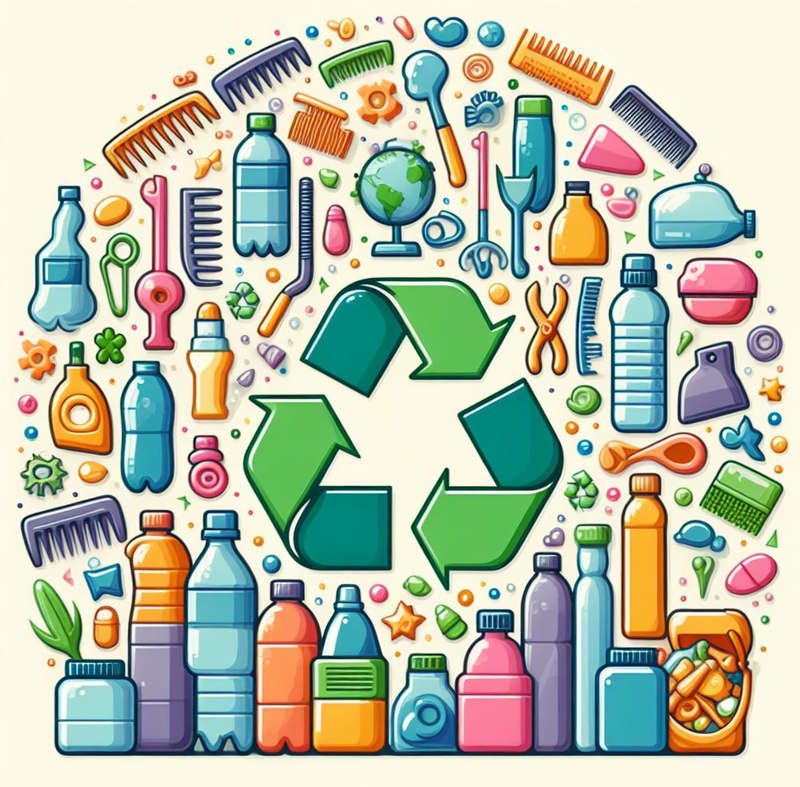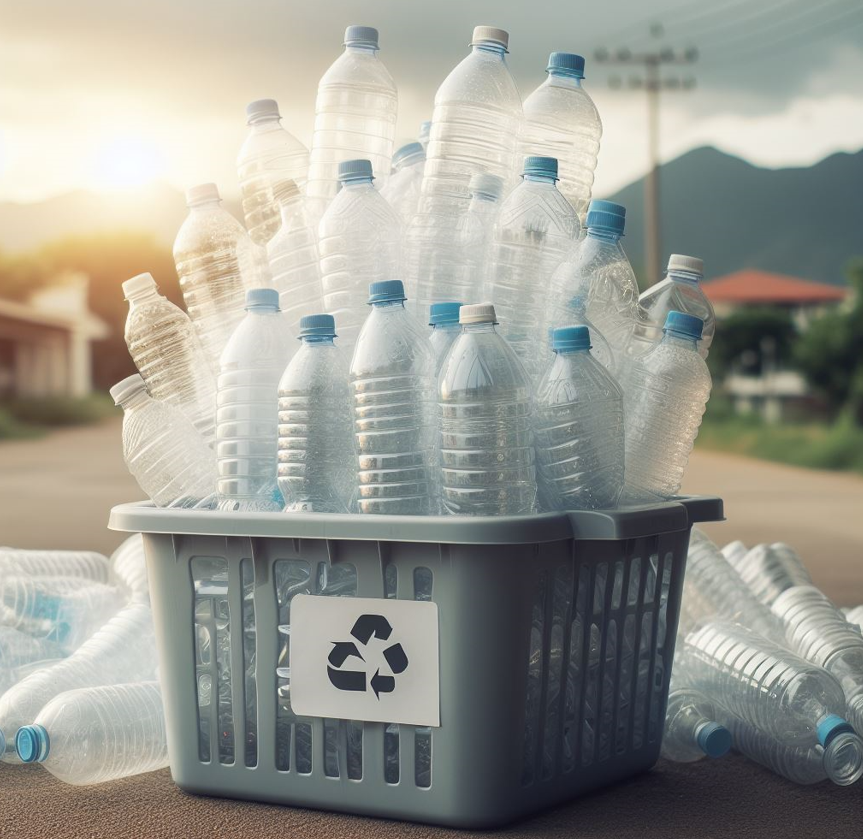A recent study conducted across 13 countries, including Tanzania, has revealed a concerning discovery: recycled plastics may harbor traces of harmful chemicals.
Dorah Swai, the Executive Director of AGENDA, emphasized that if packaging materials containing pesticides are recycled, the toxins from these chemicals could infiltrate the recycled products, giving rise to new hazardous compounds detrimental to both human health and the environment.
Addressing stakeholders in Dar es Salaam on April 18, 2024, Swai elaborated on the adverse health effects posed by the chemicals present in plastics, linking them to various ailments such as cancer, cardiovascular diseases, reproductive disorders, diabetes, and obesity, among others.
Silvani Mng’anya, the Chief Program Officer at AGENDA, emphasized that while plastics are initially manufactured using hazardous chemicals, these chemicals persist in recycled products.
Mng’anya further noted that, “However, previous studies have shown that recycled plastics are a means of dispersing hazardous chemicals because they are composed of over 16,000 chemicals, with over 25 percent known to be hazardous, and the effects of the remaining chemicals on human health and the environment are still unknown”.
“In our 2020 study, AGENDA collected samples of recycled plastic pellets from plastic recycling plants and conducted assessments to detect the presence of hazardous chemicals” he said.
The research unveiled that recycled plastic pellets contain more than 500 chemicals, including pesticides, polychlorinated biphenyls (PCBs), industrial chemicals, and other hazardous substances.
He stressed the necessity of implementing a comprehensive plastic treaty to safeguard human health and the environment from the harmful effects of these chemicals and to regulate their production.

Imposing a solution Swai underscored the urgent need for government representatives, including those from Tanzania, to actively engage in the forthcoming international conference in Ottawa, Canada.
The primary agenda of this conference is to discuss the formulation of an International Treaty aimed at effectively managing plastic usage, particularly focusing on recycling, to alleviate the associated environmental challenges.
“It is crucial at this time for government representatives from various countries, including Tanzania, to participate in the upcoming international conference in Ottawa, Canada, to discuss the establishment of an International Treaty to manage plastics. This is to propose solutions to mitigate the problems arising from plastic usage through recycling,” said Dorah Swai.
Despite Tanzania’s commitment to reducing plastic usage for environmental conservation, evidenced by the ban on plastic bags announced on June 1st, 2019, enforcement and management of existing regulations have been lacking.
“Tanzania stands among the nations committed to reducing plastic usage as a means of conserving and safeguarding the environment. In pursuit of this objective, on June 1st, 2019, Tanzania announced a ban on the manufacture, distribution, use, or storage of plastic bags,” stated the article.
Mng’anya highlighted existing deficiencies in managing and controlling plastic usage, such as the absence of international regulations governing chemicals in recycled plastics and the lack of transparent disclosure regarding compounds or chemicals in recycled plastic products. He emphasized the necessity of international oversight to regulate the global trade of chemicals, plastics, and plastic waste.
“This means that the dispersal of chemicals from recycled plastics cannot currently be traced and controlled. International control is needed to regulate the global trade of chemicals, plastics, and plastic waste,” emphasized Mng’anya.
Furthermore, Mng’anya stressed the adverse global impacts stemming from the presence of these plastic products, including climate change, biodiversity loss, and environmental pollution. He urged for comprehensive regulations on plastics during the upcoming conference in Canada to address these issues effectively.
“For example, biodiversity loss occurs because these plastic products do not decompose quickly. Therefore, this conference in Canada should comprehensively regulate plastics because it is a way of explaining why plastics are harmful,” added Mng’anya.
In light of the economic, environmental, and social challenges posed by plastics, especially concerning health, Mng’anya emphasized the imperative for government support for the proposed treaty. This support entails thorough examination of its economic implications and consequences, as addressing the health effects of plastics proves to be a daunting economic challenge.
“It is time to examine the economic, environmental, and social challenges posed by plastics in terms of health. Therefore, considering the findings of the research that has been conducted, it is imperative for our government to support the importance of this treaty by examining all aspects of its economic impact and consequences, as combating plastic’s health effects is economically challenging.”
Despite the global and national commitments to reduce plastic usage, the consumption of plastic continues to surge. Environmental concerns, encompassing damage to marine and terrestrial ecosystems, threats to human and animal health, and contributions to climate change, persist, underscoring the urgency for comprehensive regulatory measures to curb this escalating trend.
In the fiscal year 2022/23, the value of plastic and its products imported into the country reached Sh1.678 trillion—a noteworthy 57 percent surge compared to Sh1.066 trillion in 2019/20 and a substantial 72 percent increase from the Sh1.833 trillion recorded in 2021/22.




Your article helped me a lot, is there any more related content? Thanks!
Can you be more specific about the content of your article? After reading it, I still have some doubts. Hope you can help me.
I owe my incredible transformation to this weight loss product! From 90kg to a fit 60kg, I’m now full of energy and confidence. click here to unlock your weight loss potential!